Emotion Dysregulation
Emotion dysregulation is a pattern of difficulty in responding effectively (e.g., consistent with values and situation) in the presence of an emotional trigger. Dysregulation may come in the form of difficulty regulating the intensity of one’s emotions, the rapid onset of the emotional state, and the length of the emotional state. Individuals with emotion dysregulation may react impulsively and in ways that either exacerbate the situation (e.g., screaming at someone) or prevent the situation from resolving (e.g., shutting down and refusing to speak to someone).
Emotional dysregulation difficulties occur on a spectrum. Lower level concerns with dysregulation often involve the ability to function fairly well in day-to-day life (e.g., attending work) but may involve distress or exhaustion in doing so. Moderate level concerns with dysregulation may involve greater impairments in functioning, such as chronic difficulty with interpersonal interactions. Severe difficulty with emotion dysregulation may involve substantial functional impairment (e.g., difficulty holding a job), substantial interpersonal conflict (e.g., inability to keep friends or chronic high conflict with family), or the development of high risk coping mechanisms (e.g., suicidality, self-injury, or aggression).
ASSOCIATED CONCERNS
Low to moderate dysregulation is often associated with anxiety, depression, shame, and may involve unhealthy coping mechanisms (e.g., substance use or avoidance of interpersonal situations). Severe difficulty with dysregulation may be associated with disorders such as PTSD, Borderline Personality Disorder, Narcissistic Personality Disorder, or oppositional or disruptive behavioral disorders (often in teens).







